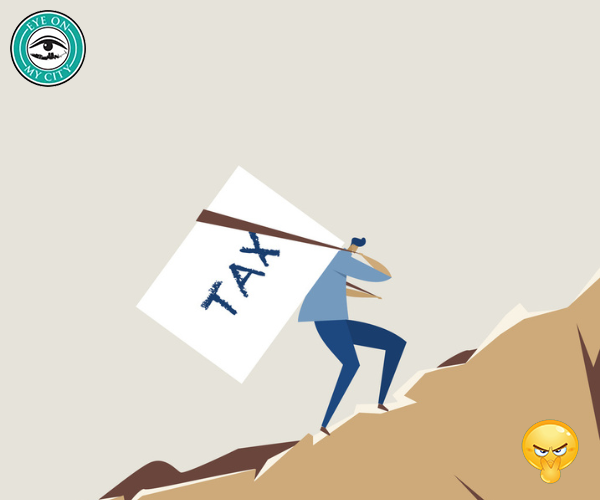Jacksonville’s utility company is expanding its use of solar power in order to reduce carbon emissions.
Nor is it clear how the gesture is in any way meaningful even if you believe less carbon is beneficial. It certainly is not to plants and trees that depend on carbon.
From 2005 to last year, the JEA knocked down its carbon emissions from about 15 million metric tons (tonnes) a year to about 4.6 million tonnes by eliminating coal-fired plants. It declares in its Integrated Resource Plan that it hopes to reduce emissions to about 3 million tonnes by 2030, an 80 percent reduction over 2005.
Adding solar units will avoid 200,000 tonnes of carbon emissions, the JEA said.
Meanwhile, Red China alone is adding more than 12 billion tonnes a year and has shown no intention of stopping. Its growing use of carbon-producing fuel. Neither does India, the second largest nation on the planet.
What the liberal local media heralds as JEA’s “journey to a sustainable future” involves three sites that will generate 200 megawatts of power beginning in 2026. At that point, 3 percent of the utility’s production will be from solar power.
The sites will be run by Florida Renewable Partners. It claims solar energy has a low environmental impact.
JEA has 500,000 electric customers and in 2022 its power mix was 1 percent renewable, 59 percent natural gas, 29 percent purchased power, mostly nuclear, and 11 percent solid fuel.
It forecasts 100 percent clean energy by 2050, which seems highly optimistic.
While the “fuel” is free, solar power made little sense until technology improvements brought down the cost. It still requires large areas of land.
As of 2021, solar energy costs an average of 3-6 cents per kilowatt-hour, while generating a kilowatt-hour of electricity from fossil fuels costs between 5 cents and 17 cents, according to a Web site that supports renewable energy.
Another pro-renewable site, called the Energy Collective Group, also claims lower costs per kilowatt hour but acknowledges “…the sun isn’t always shining, and the wind isn’t always blowing). As a result, wind and solar are unable to entirely replace the services that certain conventional ‘baseload’ sources provide to the system.”
If capitalism produces ways to use alternative fuels that make sense, the market is certain to adopt them. But government mandates to use unproven products rarely are beneficial.
If JEA’s venture into solar produces dollar savings it will be a benefit but its contributions to saving the planet will not amount to – cliche alert — a hill of beans.










